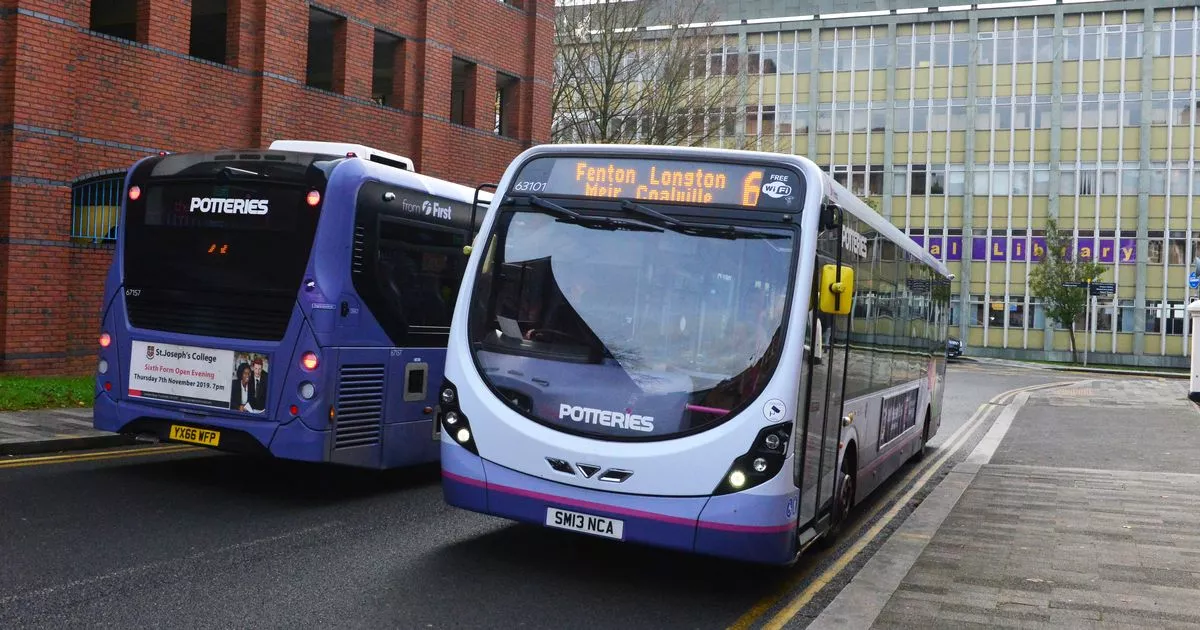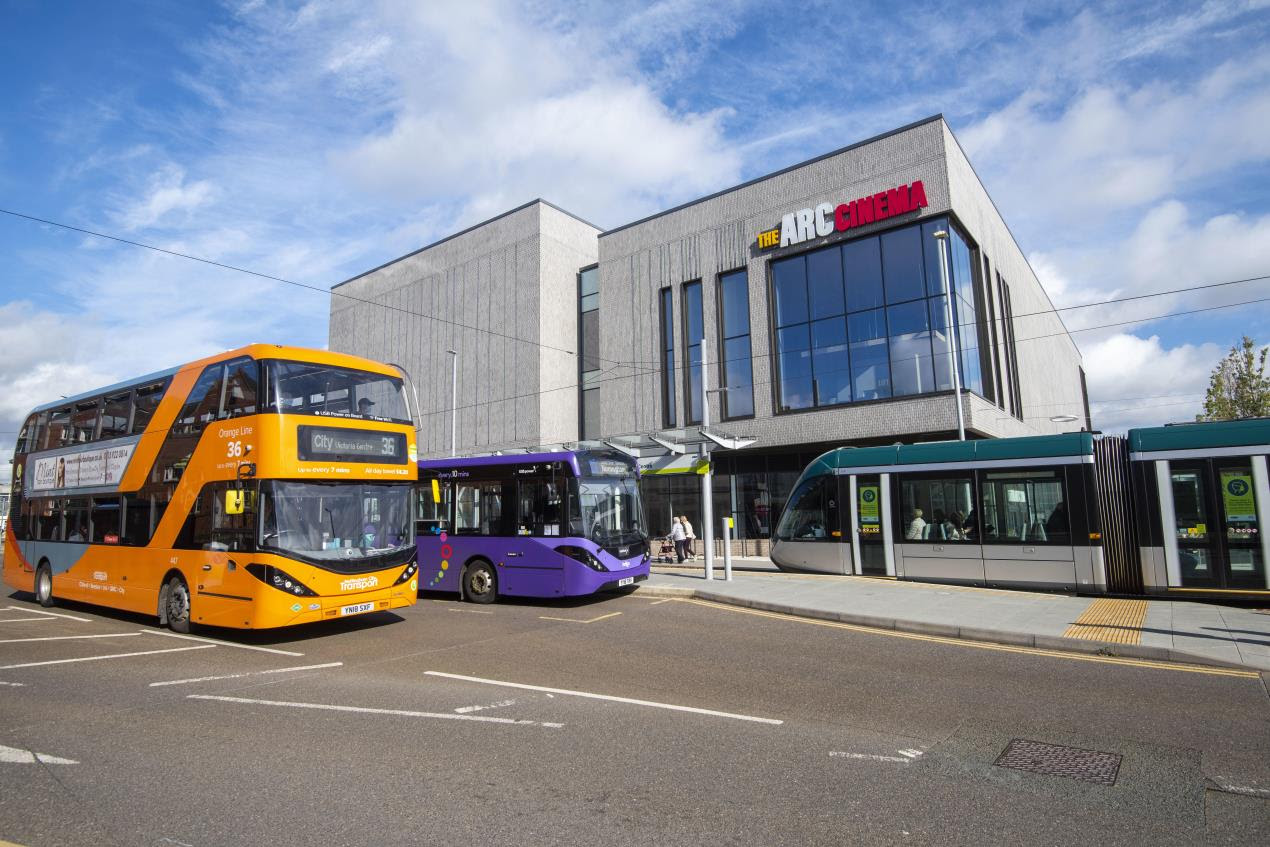The Derbyshire County Council (DCC) BSIP is available
here.
Interesting stats: DCC support 116 routes delivering 4.1m journeys a year at a cost of £4.4m, so a fraction over £1 per journey subsidy (a good bit lower than I had expected). Supported journeys look (from a graph without data labels) to have fallen by about 50% in the five years up to 2019/20 (which will have had minimal Covid distortion as lockdown only happened a few days before the end of the local authority year). But even now, subsidised journeys make up 19% of journeys in the county.
As to the plans:
Predictably, Demand Responsive Transport (DRT) is a big part of the rural future - or rather DCC will be "extending the DRT matrix across the county based on a Total Transport solution".
DRT will apparently meet the need for "More frequent and reliable services" - even though there is no explanation of how people will be able to commit to travel times many weeks ahead (eg for a hospital appointment or to book a fixed-train ticket) when DRT plans are only built days (or even minutes) ahead of travel time. They are at least planning four trials first - hopefully this time they will capture key data (like how many people are on the vehicle at any time, where they are going from and to) to allow proper analysis of whether the proposed minibuses are aggregating demand sufficiently to make them a better-value option than subsidised taxis. (My analysis of the scant data from the nearest existing of DCC's DRT experiments suggests not!). There is not a lot of explanation of the "Total Transport" bit, which is a shame - as it would be good to understand how it is going to be good economics to have school buses parked up at schools all day (with drivers returning to base on fold-up mopeds for the middle of the day?) rather than filling in with timetabled local journeys as they do now - and then shelling out on a second set of fixed costs for the DRT vehicles and drivers.
Derbyshire is planning to add another 1300 bus stop displays to show real-time running information. Given the cost of installation and maintenance/vandalism repairs, I really do wonder whether this is money well spent when smartphones are (for other reasons) becoming an increasingly essential tools for people on the move. Surely it would be better value to make sure that there is a usable mobile signal at all major locations and then concentrate on a well-designed multi-operator app to show running info.
There are great plans for Transport Hubs, which sound to be some form of Tardis-like structure that will affordably fit within the existing urban landscape, while "featuring space for local activities" (Hard luck to those community buildings who lose vital income as local activities decamp to the new space at the Hub). And they won't just be simple and effective Hubs. Oh no - they will be "vibrant community-led facilities". They will also be "a focal point for electric vehicle charging (including buses), parcel collection, shared e-Mobility and car club initiatives."
There is the promise of a unified ticketing offer with plans for capping and multi-operator ticketing at a local scale (eg Chesterfield). There is a commitment to better integration of bus times with each other, and with trains - but no clear indication of why this will be possible in future where it has so manifestly failed so far.
Finally, there is the intention to raise parking charges so that an all-day parking ticket is no less than an all-day bus ticket. Very generously, the County Council is also committing that "Boroughs and Districts which currently provide a free car parking permit for residents will offer a free bus pass as an alternative". I wonder whether Boroughs and Districts have signed up to these changes, or whether the County is expecting to force it upon them?




